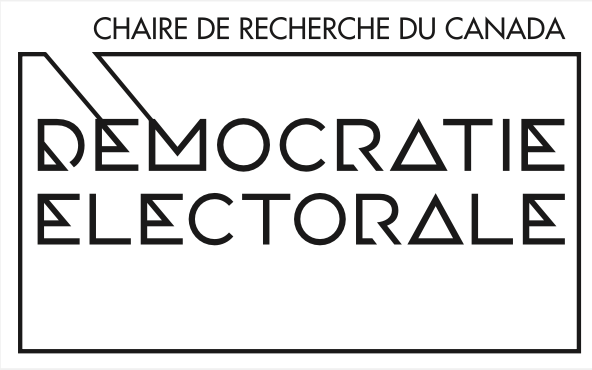Electoral Chairs’ Seminars – March 6th
6 March 2023 • 12:00
C-4145
6 March 2023 • 12:00
C-4145
Cultural Sources of Gender Gaps: Confucian Meritocracy Reduces Gender Inequalities in Electoral Participation
Baowen Liang – PhD Candidate at Université de Montréal
East Asian women’s political participation has not increased at the same pace as economic development. One frequently mobilized cause for this discrepancy is the region’s Confucian culture, with its strong focus on hierarchy, order and obedience. The present study nuances this perspective by drawing attention to the fact that some of the fundamental elements of Confucianism, such as meritocracy, may empower modern-day East Asian women. Empirically, I make use of the Chinese case and what is arguably the most important Confucian-related meritocratic institution in history – the imperial examination system (keju) – to test the hypothesis that Confucian meritocracy reduces the participation gender gap in local village elections. I use exam results during the Ming-Qing period (1368-1905) as a proxy for the influence of a meritocratic culture on the local population. Data on electoral participation come from the China General Social Survey. By estimating multilevel models, I find that the stronger a prefecture’s meritocratic culture was during the Ming-Qing period, the smaller is the gender gap in village election turnout among contemporary respondents of the CGSS. This paper invites more theoretical nuances when considering the legacies of traditional cultures for political modernization.

This content has been updated on 2 March 2023 at 11 h 11 min.